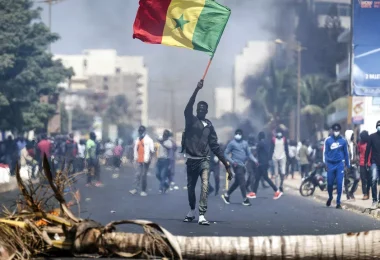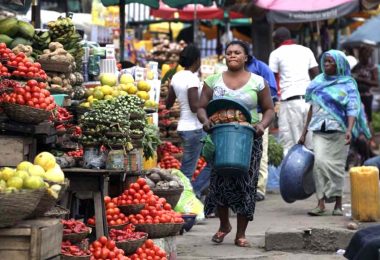Egyptians, both at home and abroad, have begun casting their votes in a presidential election shadowed by economic turmoil and political repression. The incumbent, President Abdel Fattah al-Sisi, is widely anticipated to secure a third term, amidst allegations of intimidation and a crackdown on dissent.
Overseas voting commenced on December 3, spanning 121 countries, ahead of the domestic polls set for December 10-12. “The Egyptian authorities have ramped up their repression of dissent,” reports Amnesty International, citing the arrest of at least 196 individuals since October 1 for protest participation and other charges.
The election unfolds against a backdrop of severe economic distress. Inflation in Egypt has soared to 40%, and a 50% currency devaluation has sharply raised import prices, impacting a population where two-thirds live at or below the poverty line. Despite recent wage increases for civil servants and retirees, the economic grievances remain a central voter concern.

Egyptian President Abdel Fattah al-Sisi casts his ballot. Voting in the election took place over a three-day period, extended for an hour amid very low turnout (EPA)
President Sisi, who first came to power in 2013, has gathered significant backing, including endorsements from over 400 deputies and 1.135 million citizens. However, his tenure has been marred by human rights concerns. “Tens of thousands have been jailed since 2013, often without fair trials,” activists claim, pointing to a broader crackdown on dissent since the Arab Spring uprisings.
Among the candidates challenging Sisi are Farid Zahran, Abdel-Sanad Yamama, and Hazem Omar. Notably absent is Ahmed Eltantawy, a former parliamentarian and opposition figure, whose campaign faced institutional hurdles. His campaign manager reported collecting only 14,000 out of the required 25,000 signatures to appear on the ballot. Eltantawy’s team has faced arrests and allegations of falsifying electoral documents, with a trial set for next month.
The election’s integrity is further questioned following the confirmation that Eltantawy’s phone was infected with Predator spyware, with suspicions of government involvement. This, coupled with the repression of peaceful protests and the arbitrary detention of teachers and other critics, paints a grim picture of the political landscape in Egypt.
Results are expected on December 18, with a potential run-off announcement by January 16. While President Sisi’s victory seems likely, the election occurs amidst a complex web of economic hardship and political strife, casting a long shadow over Egypt’s democratic process.







